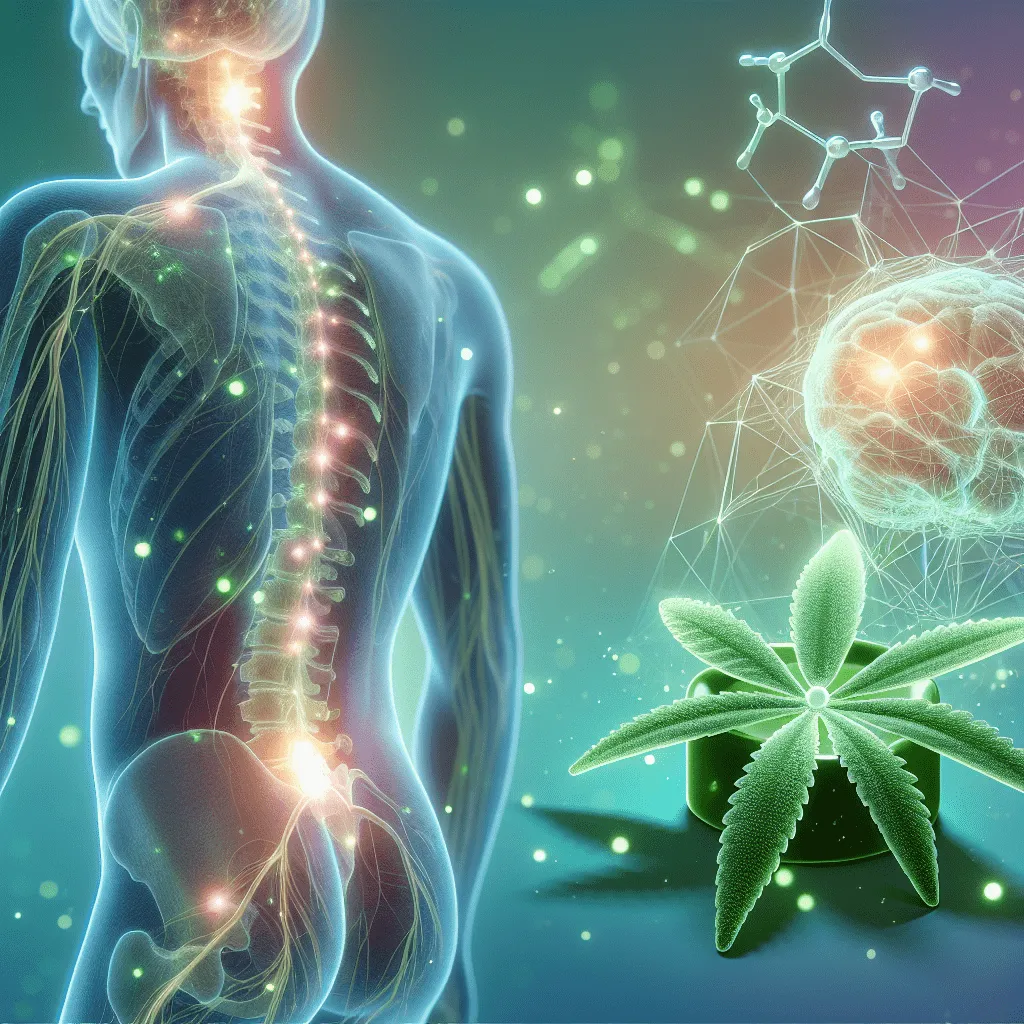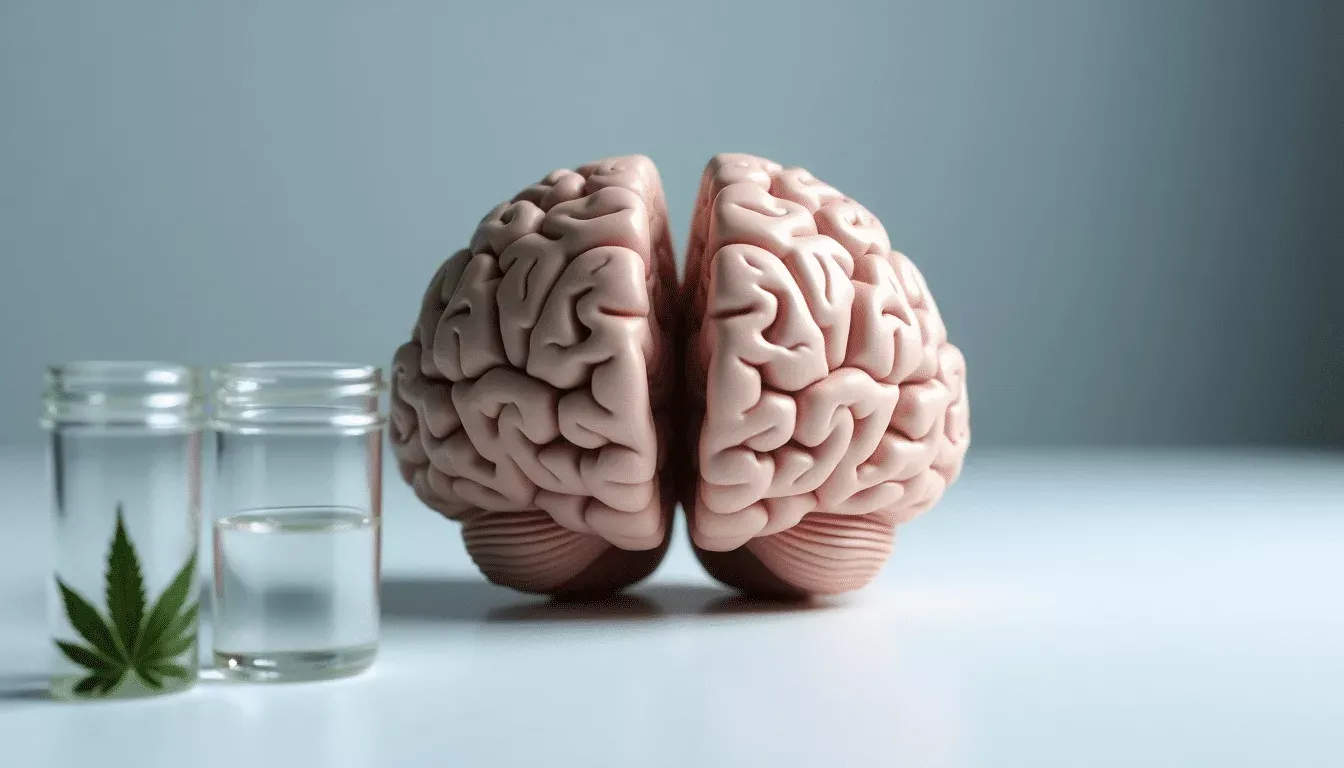How does CBD pain relief work
In a world where chronic pain affects millions of people, the search for effective relief remains a pressing concern. One alternative treatment that has gained traction in recent years is cannabidiol, commonly known as CBD. Derived from the hemp plant, CBD is celebrated for its potential therapeutic benefits, particularly for managing pain. But how does CBD pain relief actually work? In this article, we’ll delve into the science behind CBD, explore its benefits and risks, and offer practical tips for those considering it as a pain management option.
What is CBD and How Does It Work?
CBD is one of over 100 compounds found in the cannabis plant. Unlike its more infamous cousin, THC (tetrahydrocannabinol), CBD is non-psychoactive, meaning it won’t produce the "high" typically associated with cannabis use. Instead, CBD interacts with the body’s endocannabinoid system (ECS), a complex network of receptors and neurotransmitters that regulate a variety of functions, including pain, mood, and immunity.
The ECS comprises two main receptors: CB1 and CB2. CB1 receptors are primarily found in the brain and are involved in regulating mood, memory, and pain perception. CB2 receptors, on the other hand, are more prevalent in the immune system and peripheral tissues. When CBD enters the body, it influences these receptors, potentially altering the way our body perceives pain. This interaction helps to reduce inflammation and promote a sense of well-being, making CBD an appealing option for those seeking pain relief.
The Benefits of CBD for Pain Relief
Many individuals have turned to CBD for its analgesic (pain-relieving) properties, and numerous studies support its efficacy. Here are some key benefits of using CBD for pain management:
Natural Alternative
To begin, CBD offers a natural alternative to traditional pain medications, which often come with a host of side effects and risk of dependency. According to a 2018 report by the World Health Organization (WHO), CBD is generally well-tolerated, with minimal adverse effects reported. This makes it particularly appealing for people looking for long-term pain management solutions without the burden of pharmaceutical drugs.
Anti-Inflammatory Properties
One of CBD’s most notable benefits is its anti-inflammatory properties. Research has shown that CBD can reduce inflammation by inhibiting certain enzymes and cytokines involved in pain pathways. For instance, a study published in the European Journal of Pain found that topical CBD application significantly reduced inflammation and pain in animal models. This finding has sparked interest in using CBD for a variety of inflammatory conditions, such as arthritis and muscular pain.
Psychological Benefits
In addition to its physical benefits, CBD has been shown to help alleviate anxiety and stress, which can be closely linked to chronic pain conditions. Conditions like fibromyalgia often have psychological components that can intensify the perception of pain. By reducing anxiety and improving overall mood, CBD can indirectly enhance the pain management experience. A 2019 study demonstrated that CBD could significantly reduce anxiety in individuals, suggesting a dual benefit in pain relief.
Versatility
CBD is versatile in its application—available as oils, capsules, edibles, topicals, and more—allowing users to find a method that suits their lifestyle. This flexibility is particularly advantageous for those seeking localized relief (via topicals) versus systemic relief (via oils or capsules).
Risks and Considerations
Although the potential benefits of CBD for pain relief are promising, it’s essential to approach its use with caution. Here are some important considerations:
Legal Status and Quality Control
The legal status of CBD varies by region, and while it has become widely accepted, federal regulations can be complex. Always check local laws regarding CBD use. Moreover, the quality of CBD products can be inconsistent. It’s crucial to source products from reputable manufacturers who provide third-party lab testing to ensure safety and potency.
Potential Side Effects
While generally well-tolerated, CBD can have side effects, including fatigue, diarrhea, and changes in appetite. Additionally, it can interact with certain medications. If you are considering using CBD, consult with a healthcare provider, especially if you’re currently on prescribed medications.
Limited Research
Though the existing research is encouraging, studies on CBD are still relatively new, and more research is needed to fully understand its long-term effects. Individuals should stay informed and be cautious about placing unrealistic expectations on CBD as a "cure-all".
Practical Tips for Using CBD for Pain Relief
For those interested in incorporating CBD into their pain management routine, here are some practical tips:
Start Slow
If you’re new to CBD, begin with a low dose and gradually increase it until you find your optimal dose. Everyone’s body is different, and individual responses to CBD can vary.
Choose the Right Product
Explore various forms of CBD—oils, tinctures, capsules, edibles, or topical creams—to see what works best for you. For localized pain, topical applications like creams or balms may provide immediate relief.
Keep a Journal
Consider keeping a journal to track your CBD usage alongside your pain levels and any side effects. This practice can help you find patterns in your pain management and make necessary adjustments.
Consult with a Professional
Engaging with a healthcare provider familiar with CBD can provide you with tailored advice and address any concerns you may have regarding its integration into your treatment plan.
Conclusion
As the popularity of CBD continues to rise, so does the interest in its potential to alleviate pain. By understanding how CBD interacts with our body’s endocannabinoid system, recognizing its benefits and limitations, and following practical tips for use, you can make informed choices in your journey toward pain relief.
If you’re curious about exploring CBD further, consider reading research studies or articles on specific conditions that CBD may benefit. Whether you’ve experienced success with CBD or are contemplating its use, we invite you to share your thoughts and experiences in the comments below. Your insights may help others on their journey toward finding relief.
Frequently Asked Questions about CBD Pain Relief
1. How does CBD work to relieve pain?
CBD interacts with the endocannabinoid system (ECS) in the body, which plays a role in regulating various functions, including pain perception, inflammation, and immune response. By binding to cannabinoid receptors, CBD may help reduce pain and inflammation.
2. What types of pain can CBD help alleviate?
CBD has been reported to help relieve various types of pain, including chronic pain, arthritis, neuropathic pain, and pain associated with conditions like multiple sclerosis or fibromyalgia.
3. How long does it take for CBD to provide pain relief?
The onset of pain relief from CBD can vary based on the method of consumption. Inhalation methods (like vaping) may provide relief within minutes, while edibles or capsules can take 30 to 90 minutes for effects to kick in.
4. Is CBD safe for pain relief?
CBD is generally considered safe for most people, with few side effects. However, it can interact with certain medications, so it’s important to consult a healthcare provider before starting CBD, especially if you’re on medication.
5. How much CBD should I take for pain relief?
Dosage varies based on individual factors such as body weight, the severity of the pain, and personal tolerance to CBD. It’s recommended to start with a low dose and gradually increase until desired effects are achieved, ideally under the guidance of a healthcare professional.
Related: Managing Pain with CBD
Share this content:



